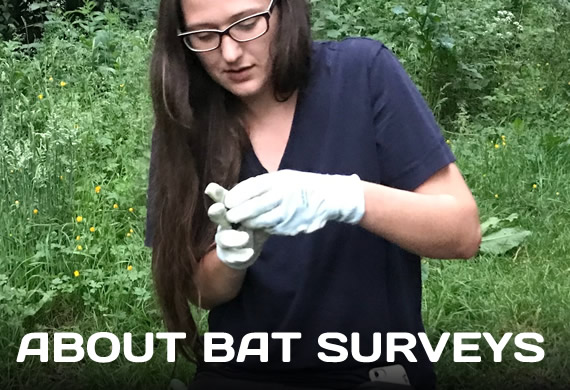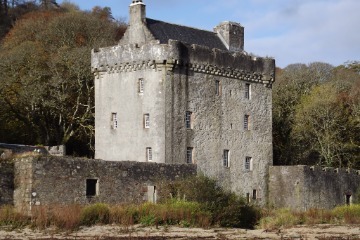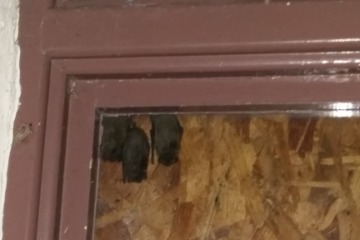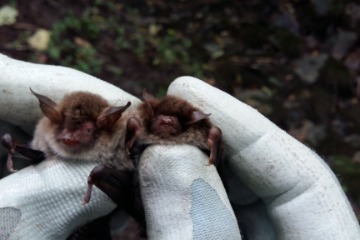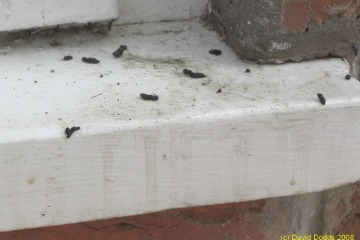Bat surveys for planning
Bat surveys for planning
Local authorities in Scotland are required to consider bats (and other protected species) in every application they receive.  They must assess if bats could possibly roost on a site and if the answer is yes, they’ll require a bat survey, to find out. In most cases they won’t grant planning consent with a condition that a bat survey be done: the survey must be done before consent can be granted.
Bat surveys are a two-part process. Stage 1 (also called a Preliminary Roost Assessment, or PRA) is a visual inspection, carried out in daylight at any time of year and also assesses surrounding habitat. Sometimes bat roosts are found, but the most common outcome is either to confirm that there is are no roosting opportunities or to recommend a stage 2 survey.
Stage 2 surveys are carried out at night, using ultrasound bat detectors and infrared video to identify active bat roosts. In Scotland they must be done between 1 May and 30 September, with at least one visit prior to 31 August.
If you are considering work which requires planning consent, it’s always worth speaking informally to a bat specialist at David Dodds Associates at the outset, to find out whether a bat survey is likely to be required. Waiting for the planning authority to ask for it can lead to problems, due to the limited season for stage 2 bat surveys.

